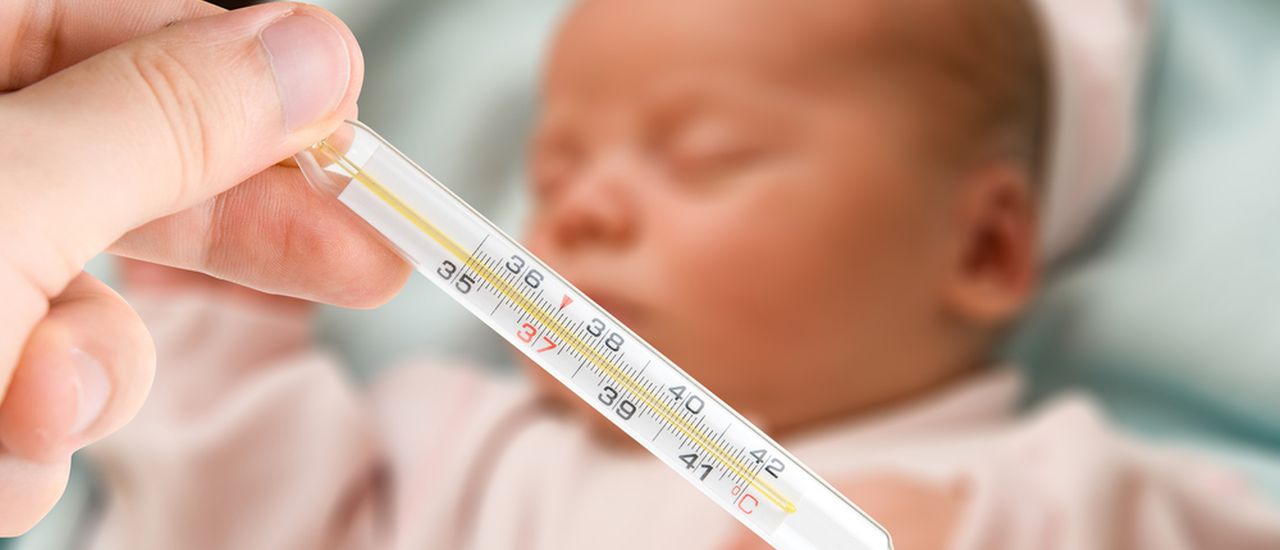When baby gets the runs, it’s not just those dreaded nappies you have to be watch out for! Diarrhoea is very dangerous for babies and can be fatal if it’s not dealt with immediately.
Causes of diarrhoea
- An infection caused by a virus, bacteria, or parasite picked up through contact with contaminated food or water, or by touching contaminated surfaces and then placing hands into mouths.
- A food allergy or sensitivity to medicines
- Drinking too much fruit juice
- Poisoning
Diarrhoea may be accompanied by vomiting, increased thirst, abdominal cramps, bloating, tummy rumbling and loss of appetite. It’s quite normal for your baby to have a bowel movement 1 to 3 times a day, provided the stool is well-formed and does not contain undigested food particles.
Prevent diarrhoea
One of the best methods of keeping baby bottles, teats, and other feeding equipment sterile (germ-free) is to boil them in water. Boiling water is the most effective method of destroying bacteria. Always throw away leftover milk, and never reheat or reuse the same milk later in the day.
When to take baby to the doctor
- Your baby refuses to drink fluids, is only taking small sips, is vomiting every time he or she drinks and/or isn’t passing urine – these are all signs of dehydration
- Your baby’s fever won’t go down, even after a dose of baby paracetamol or ibuprofen, or has not resolved completely after 3 days
- Your baby vomits more than three times in a 24-hour period or has severe diarrhoea
Treating your baby
Diarrhoea leads to dehydration from a loss of fluids and electrolytes, and this can be fatal if the fluids are not replaced. So, get your baby to take fluids in small, regular amounts as this is the most important part of the treatment.
Diarrhoea caused by a viral or bacterial infection is very contagious, so wash your hands with warm water and soap every time you change your baby’s nappy! Keep the nappy-changing area clean and disinfected. Keep your little one home from day care until he or she is completely recovered.
Diarrhoea is usually short-term and sorts itself out, but you can take steps to prevent or treat it. If chronic diarrhoea persists for longer than two days, take your baby to the doctor.
Joanne Hart for HelloDoctor.com
Source: http://www.webmd.com/parenting/baby/baby-diarrhea-causes-treatment?page=2

